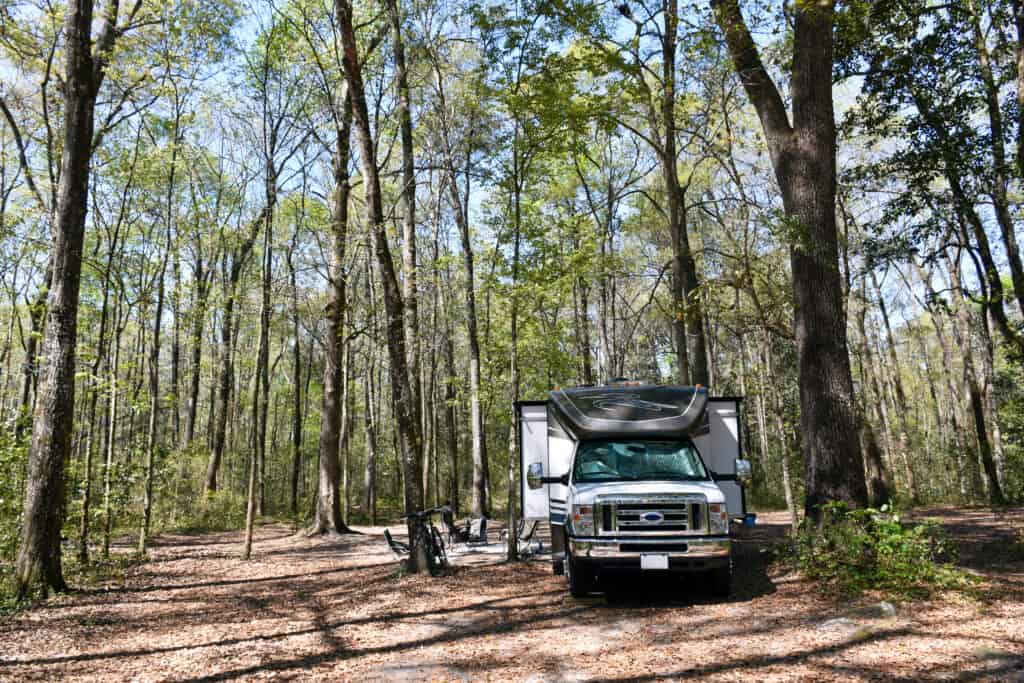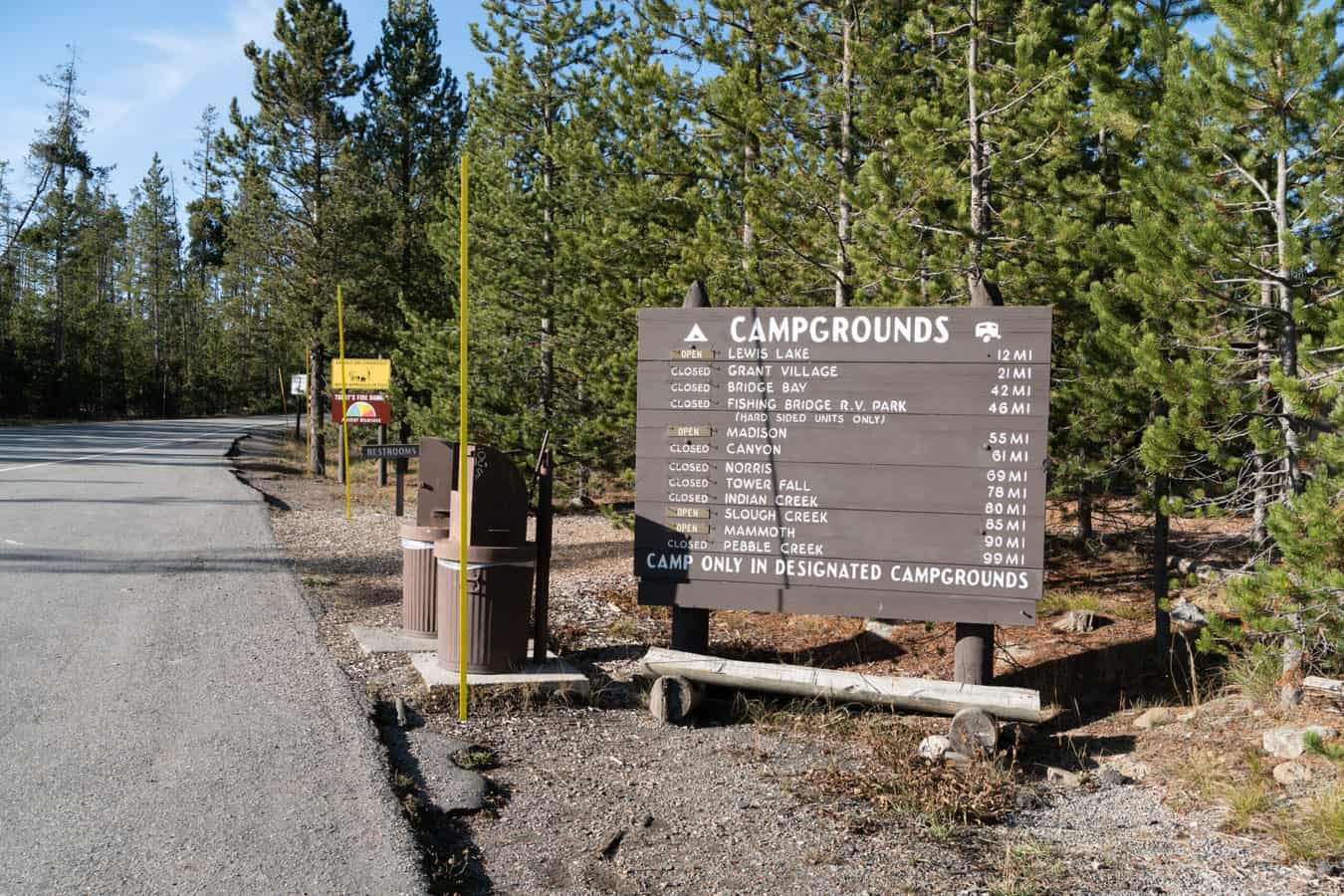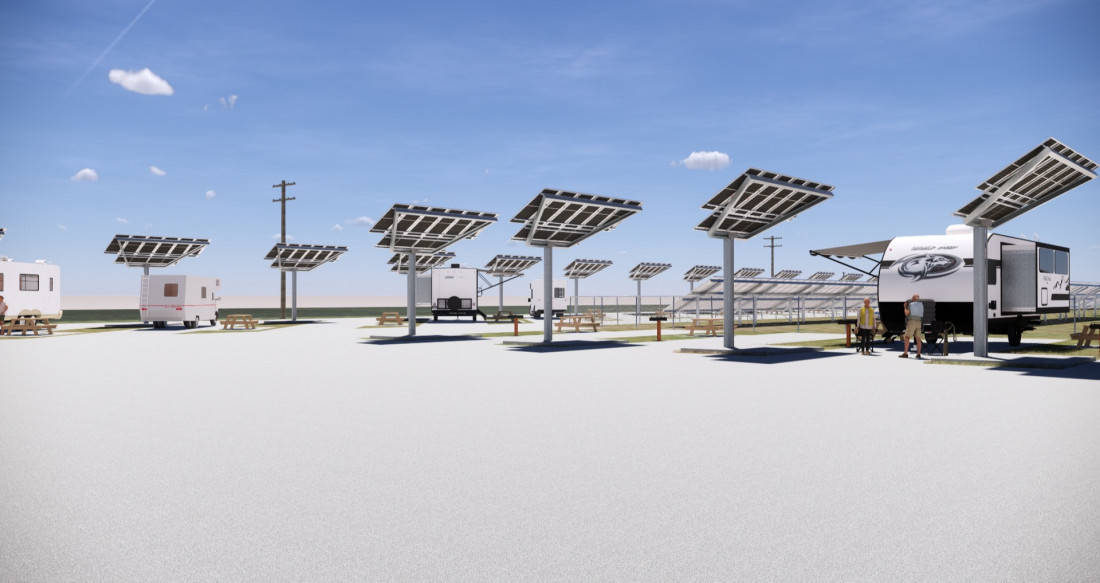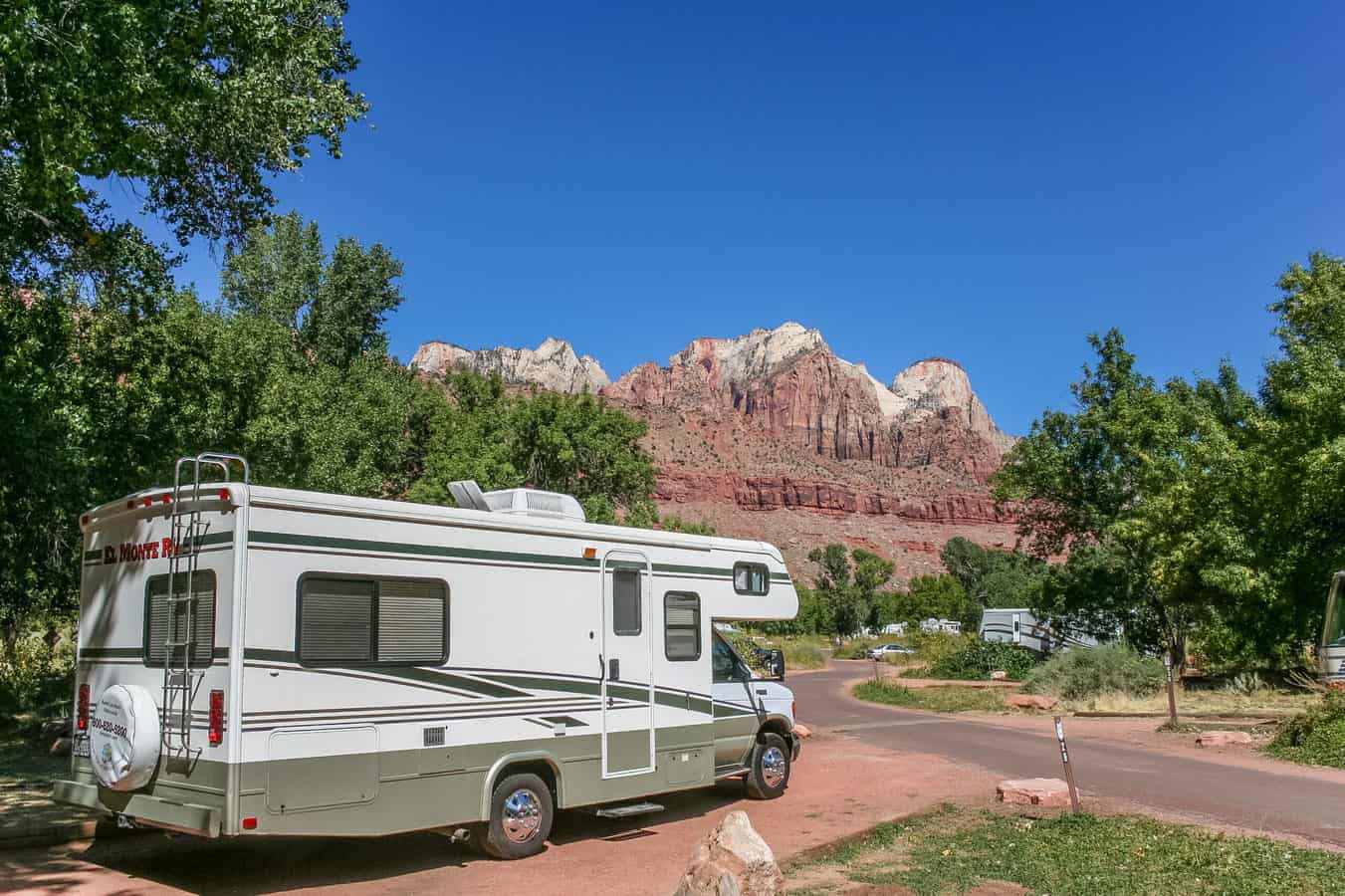Your Comprehensive Guide to RVing in US State Parks
Camping in US state parks is one of the joys of owning an RV! These parks are usually located in gorgeous areas and offer plenty of activities such as hiking, fishing, swimming, birdwatching, and more. Camping in scenic natural areas is one of the main appeals of this lifestyle, but you might wonder if all US State Parks are RV-friendly.
US state parks are publicly funded and typically open to all campers, including RVers. But limited space and rules apply. Some parks may not allow RVs, but this is uncommon.
Before you head to any state park, it’s essential to do your research. Each state and individual campground will have its own rules and regulations that you must follow. Certain parks may also require advanced reservations, so it’s crucial to be aware of their policies. You can learn more about each state park by checking RV LIFE Campgrounds, where you’ll find detailed information on each park’s amenities, policies, and restrictions. Below, we’ll cover some of the potential factors that may affect your RV camping experience in US state parks.

Restricting factors
Site availability
Camping in US state parks is challenging due to limited site availability for RVs. While camping is allowed, space is restricted.
Tent camping takes up less space, so it’s easier for park employees to create and maintain rural sites for these types of campers. It’s more difficult to accommodate RVers, so some parks don’t bother to create space for them.
If there are RV sites available, there are usually only a few of them, and they are often filled up if you just show up on the day of. This is why reservations are so important! Make sure they have room for you before you arrive.
Size limits
RV parks and campgrounds can impose size restrictions on vehicles, limiting access for larger rigs. This means those with oversized motorhomes or toy haulers will have fewer options for US state park camping.
A lot of campgrounds will reject RVs that are more than 30—35 feet long. This still leaves a lot of wiggle room for those who have smaller campers, but it also restricts many medium/large rigs. So if you’re planning to buy a new RV and want to spend time in state parks, keep these measurements in mind! Generally, the smaller your vehicle is, the more options you’ll have.
And once again, size limits may depend on the available campsites. Perhaps they can accommodate larger RVs, but they only have a few sites that can fit them. In this case, you may be rejected anyway because you missed out on one of the limited spots.
Limited hookups
US state parks provide a serene setting for camping, which some prefer for stargazing and cooking meals over an open flame. Nevertheless, those traveling by RV may encounter restricted access to water, sewage, and electricity due to the basic campsites.
You might be permitted to camp within the park, but you’ll have to make do with whatever amenities they provide. In most cases, you’ll need to be prepared to dry camp (aka boondock). This requires extra work and preparation, and it isn’t worthwhile for every camper.
And if hookups are available, they are usually only located in a select number of sites, so you’ll need to plan ahead and be lucky in order to score one of these spots. You’ll need to decide for yourself if limited hookups will prevent you from staying in a state park campground!
Either way, it never hurts to charge up all your appliances/batteries and stock up on fresh water before you arrive. If you’ve got solar panels, this is another great way to improve your quality of life in a primitive campsite.
Duration of visit
Like many RV parks and resorts, state parks have the ability to dictate the duration of your visit. They may prevent you from staying for long periods of time because they want to keep the park open to as many visitors as possible.
But on the other hand, many parks also require that you stay for two or more days at a time. This practice is especially common if you camp during busy seasons or holidays. If you try to leave before the allotted time period is up, you may have to pay an extra fee.
These issues can be prevented if you research the park before you visit and ask about their reservation/cancellation policies. If you can’t commit to staying for their expected duration, it might be better to pick a different place to set up camp. Either way, you’ll need to keep an eye on the calendar to ensure that you don’t overstay your welcome or leave too soon.
RV age
This factor mainly applies to private RV parks, but there are some US state parks that may adhere to it as well. Sometimes, RVs that are 10+ years old will be turned away from certain parks, resorts, and campgrounds. There are a variety of reasons for this, but it’s generally because park owners don’t want to deal with old RVs breaking down or ruining the aesthetic appeal of their campground.
This rule can seem unfair, especially if you have an older RV that’s in great shape. Again, most US state parks will allow RVs of any age to enter the campground, but it’s good to be aware of the potential issue. Be prepared to demonstrate that your vehicle is in good shape if necessary!
Pets
Pet owners might face difficulties when staying at state park campgrounds due to varying pet regulations. Rules can range from breed restrictions to mandatory leashes, with some parks even banning pets entirely. It’s important to research specific park guidelines before traveling with a pet.
Honesty is key with camp hosts regarding pets. Adhere to rules such as cleaning up after your pet and keeping noise levels low. Do not attempt to sneak pets into prohibited campgrounds to avoid fines and trouble.
But in most cases, pets will be welcomed within state park campgrounds as long as you keep an eye on them.
Get RV-safe directions
US state parks are wonderful places to relax and connect with nature. But they’re not always RV-friendly! You may not be explicitly banned, but there are lots of factors that could disqualify you from camping in a specific park.
The best thing to do is to thoroughly research the park ahead of time. Make sure you follow the rules and expectations of the campground. Also, stock up on the necessities before you arrive just in case it’s more rugged than you were expecting! Use a trip planner like RV LIFE Trip Wizard, along with the RV LIFE App, to get RV-safe directions based on your rig’s specifications.
Related articles:




